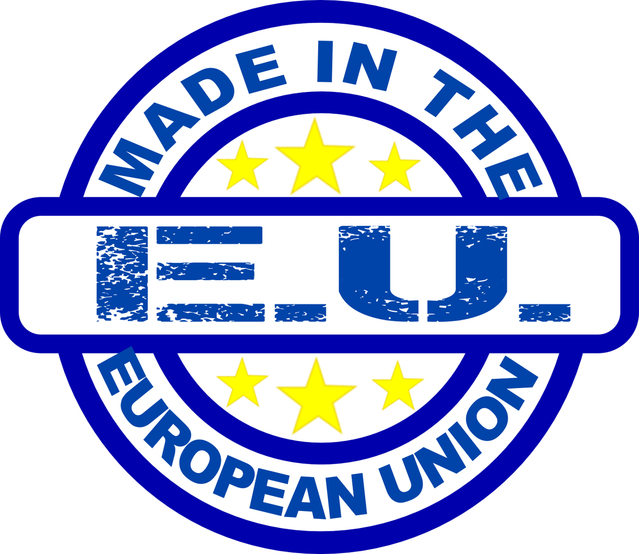So after all the shouting, the half-truths and the speculation, there it is, a vote to Leave. What does this mean for your employees and your management of them? What has changed for HR today?

Let us be clear – no one knows all the details of what happens next, including all the people who said that they did. But there is still plenty of reassurance available for many months, potentially years, into the future. Here are our first thoughts as to the impact of Brexit on HR:
- Leaving the EU does not by itself change our domestic employment law, either from today or from when we do actually leave, even if that law is based on an EU decision or Directive. That means no immediate changes to TUPE, the Human Rights Act, Works Councils, collective information and consultation rules, the Agency Worker Regulations, the Working Time Regulations or any of our EU-derived health and safety rules.
- The process of negotiating an exit is likely to take several years, perhaps not concluding even before the next scheduled General Election in 2020. The chance of material change in our employment law in that time is marginal, especially since the continued preservation by the UK of existing EU-derived employment rights is likely to be one of the bargaining levers in the negotiations over the final terms of the UK’s exit.
- Your existing EEA national workers will not automatically have to leave the country or stop working for you, though they may choose to do so. They will be able to get back into the UK if they go abroad on holiday or business.
- You can still recruit EEA nationals without work visas for the time being, but if your business relies heavily on relatively unskilled labour from the EEA, start to consider whether it will be practicable to source such workers from within the UK market.
- The UK may feel itself no longer obliged to implement into domestic law the forthcoming EU Trade Secrets Directive or General Data Protection Regulations, but will probably do so anyway to minimise the damage to inward investment from EU countries.
- Your existing UK workers based in Continental Europe will not have to come back home immediately. Longer-term (two+ years at least) their position will depend on what stance the EU adopts towards its own UK-facing immigration controls.
7. It will remain discriminatory to hire EU staff in place of UK nationals (or vice versa) on racial or needs-a-visa grounds.
8. The vote will probably mean a weakening of Lock-type holiday pay claims, and of any other legal arguments or proposals which are based on EU law but not yet incorporated into domestic UK statute. Whether the UK Government feels it necessary to pass such statutes before the formal point of exit remains to be seen – our view is that this is unlikely.
9. Save in respect of freedom of movement, we believe that the UK Government will limit as far as possible any divergence in employment law or standards or taxes, etc., which could hinder the ability of EU businesses to operate in the UK. It is far from clear that the EU Governments will take the same stance towards the UK.
By David Whincup, Partner at Squire Patton Boggs.


